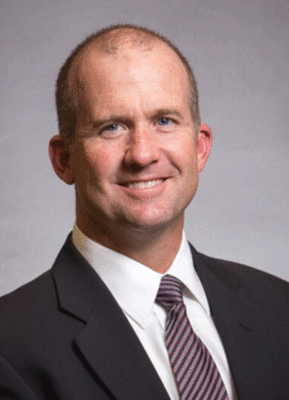
The loss of a loved one is one of the greatest challenges in this life. Unfortunately, in addition to the terrible emotional strain associated with this loss, there are many legal issues that must be addressed.
This article attempts to provide a brief checklist of some of the legal issues that should be addressed upon the passing of a loved one.
Legal Documents: Determine whether the deceased left a will, trust or other documents to take effect upon death. Whether there is a will or trust will affect how the estate administration should proceed. If there is no will or trust, state laws will govern the administration process. It should be noted that powers of attorney that may have been used while the decedent was alive terminate upon death.
Individuals Cared for by the Deceased: Minor children or incapacitated adults that were being cared for by the deceased must have someone else appointed to take care of their needs. Usually, a court will appoint a guardian and/or conservator for the minor or incapacitated adult. This person can be designated in the deceased’s will.
Inventory of Assets: It is very important to locate all of the deceased’s assets and ensure that they are protected and sufficiently insured. Secure and inventory family heirlooms, antiques and other personal property items of value. If the deceased lived alone, it may be wise to promptly change the locks on the home. In doing an inventory of the assets, it is helpful to take photos or videos.
Payment of Creditors: Determine that there are sufficient assets in the estate to cover funeral expenses and other debts before paying any bills. If some creditors are paid and it is later determined that there are insufficient assets to pay others, there can be problems.
Social Security: Contact the social security office to determine what benefit, if any, may be available for the surviving spouse and/or minor children.
Tax Returns: Often, state and federal tax returns including the deceased’s final 1040 income tax return, the estate or trust’s 1041 income tax return, and possibly an estate tax return must be prepared.
The preceding is a brief list of some of the items that should be considered upon a loved one’s death. Although proper estate planning can do much to minimize and help simplify procedures at death, there are legal issues that must be addressed when a loved one dies. An estate plan that addresses and minimizes these legal issues is truly a wonderful gift for those that are left behind.
Jeffery J. McKenna is a local attorney serving clients in Nevada, Arizona and Utah. He is a shareholder at the law firm of Barney McKenna Olmstead & Pack, with offices in Mesquite and St. George. If you have questions you would like addressed in these articles, you can contact him at (702)346-1615 or jmckenna@barney-mckenna.com.










